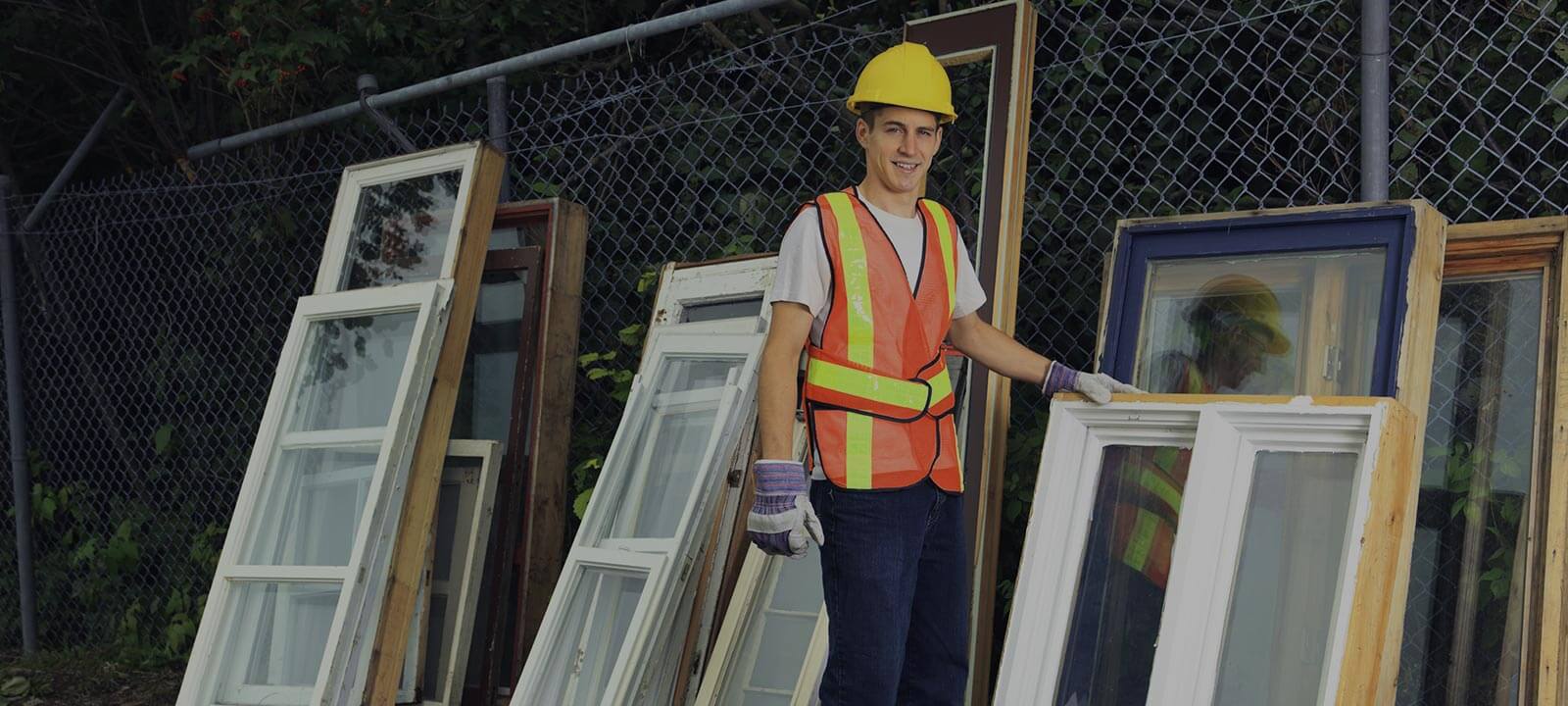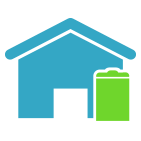User-Friendly Recycling Ideas
Posted on 13/01/2025
Recycling is a crucial step towards sustainable living and reducing waste in our environment. However, many people find it challenging to start recycling due to complex guidelines and misconceptions about what can be recycled. In this article, we will explore user-friendly recycling ideas that can make the process easier and more accessible for everyone. Let's dive in!
1. Set Up a Convenient Recycling Station
The first step in making recycling easier is to set up a convenient recycling station in your home. Choose a central location, such as the kitchen, where most waste is generated. Use labeled bins for different types of recyclables like paper, plastic, metal, and glass. Clear labeling helps everyone in the household understand where to dispose of different materials.

2. Know What Can and Cannot Be Recycled
Educating yourself and your family about what can and cannot be recycled is essential. Common recyclable items include paper products, cardboard, plastic bottles, aluminum cans, and glass jars. Non-recyclable items often include plastic bags, Styrofoam, and certain contaminated food containers. Check with your local recycling facility for specific guidelines.
3. Clean and Dry Your Recyclables
One of the main reasons recyclables end up in the landfill is contamination. Make sure to rinse and dry your recyclables before putting them in the bin. For example, rinse out soup cans, yogurt containers, and glass jars to remove food residue. Dry materials help in preventing mold growth and make sorting easier at the recycling facility.
4. Repurpose and Reuse
Before you toss something into the recycling bin, think about whether it can be repurposed or reused. For example, glass jars can be used for storage, old t-shirts can be turned into cleaning rags, and cardboard boxes can serve as organizers. Repurposing items not only reduces waste but also saves money.
5. Composting Organic Waste
Food scraps and yard waste make up a significant portion of household waste. Instead of throwing these organic materials in the trash, consider starting a compost bin. Composting turns organic waste into nutrient-rich soil for your garden. It's a natural recycling process that minimizes landfill waste and enriches the earth.
6. Participate in Community Recycling Programs
Many communities have recycling programs and resources that make recycling more accessible. Take advantage of curbside recycling services, drop-off centers, and local recycling events. Some communities also have recycling programs for specific items like electronics, batteries, and hazardous waste. By participating in these programs, you can ensure that more materials are recycled properly.
Pros and Cons of Recycling
Recycling has numerous benefits, but it's also important to consider some of the challenges associated with it.
Pros:
- Reduces landfill waste
- Conserves natural resources
- Saves energy
- Creates jobs in the recycling industry
- Reduces greenhouse gas emissions
Cons:
- Requires time and effort to sort and clean materials
- Contamination can render recyclables unusable
- Not all materials are recyclable in every community
- Recycling processes can be energy-intensive
- Low market demand for certain recycled materials
Tips for Successful Recycling
- Keep a small recycling bin in each room to make recycling easier.
- Break down cardboard boxes to save space in your recycling bin.
- Stay updated with your local recycling guidelines.
- Start small and build up your recycling habits over time.
- Encourage family members and friends to recycle and share tips with them.

Takeaways
Recycling is a vital practice for protecting our environment and conserving resources. By setting up a convenient recycling station, educating yourself about recyclable materials, keeping recyclables clean, and participating in community programs, you can make recycling a user-friendly and effective habit. While recycling has its challenges, the benefits far outweigh the drawbacks when done correctly.
Conclusion
Adopting user-friendly recycling ideas can significantly contribute to reducing waste and promoting sustainability. By incorporating easy and practical recycling practices into your daily routine, you can make a positive impact on the environment. Remember, every small effort counts, and together, we can create a cleaner and greener world for future generations.










